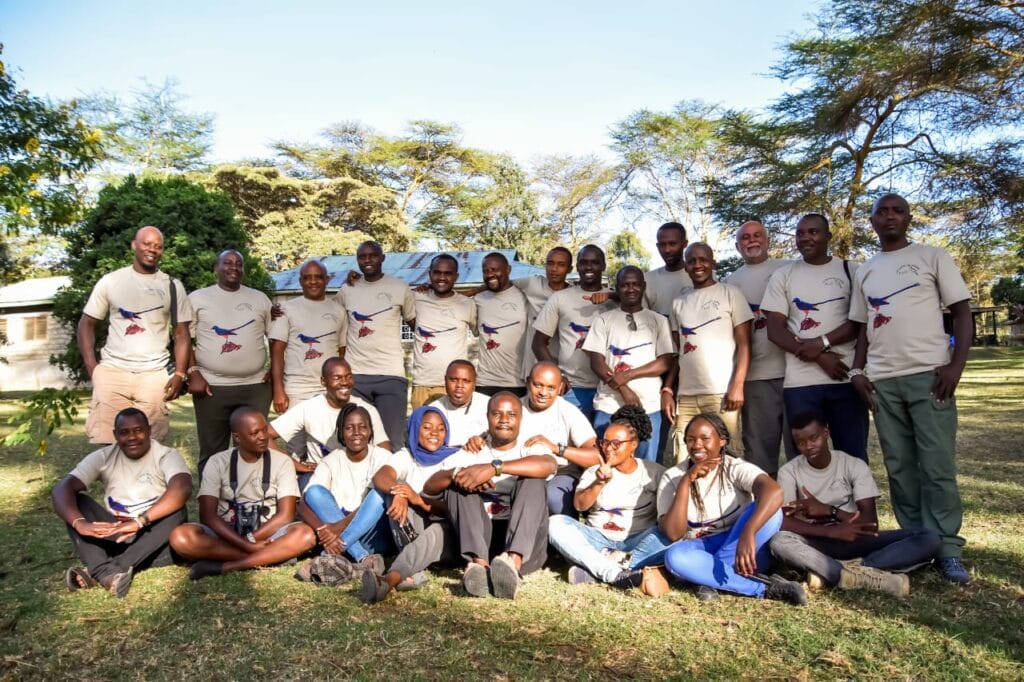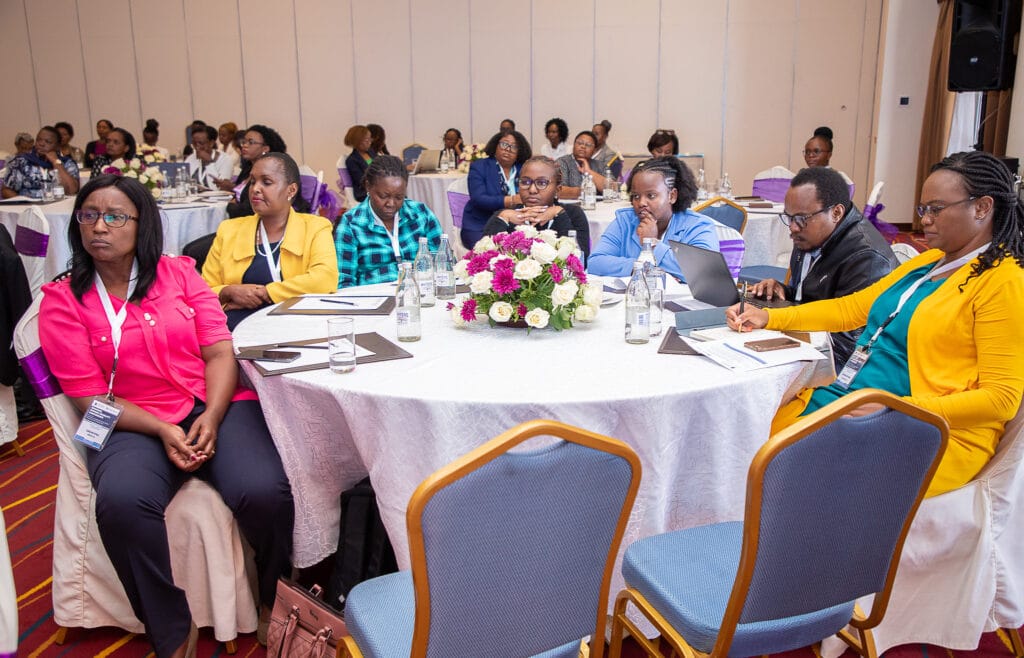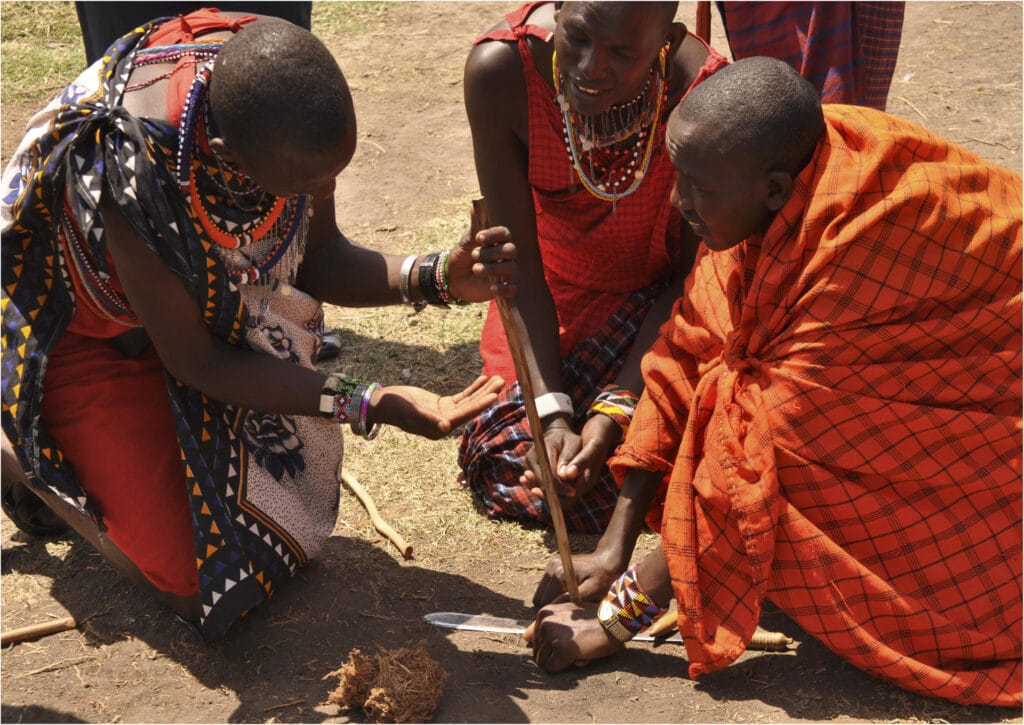Demic Tours Africa’s Commitment to Bird Tourism and Conservation:
At Demic Tours Africa, we have always been passionate about showcasing the incredible wildlife that Kenya has to offer. This year, we took our commitment one step further by promoting bird tourism and conservation efforts. We are excited to announce that we endorsed our expert tour guides to attend the prestigious ‘Fundamentals of Ornithology’ (FoO2024) course at the Centre for Education in Sustainability, Elsa mere, Naivasha, Kenya. This investment in their knowledge and skills will amplify our bird-watching experiences and contribute to the conservation of Kenya’s remarkable avian life.
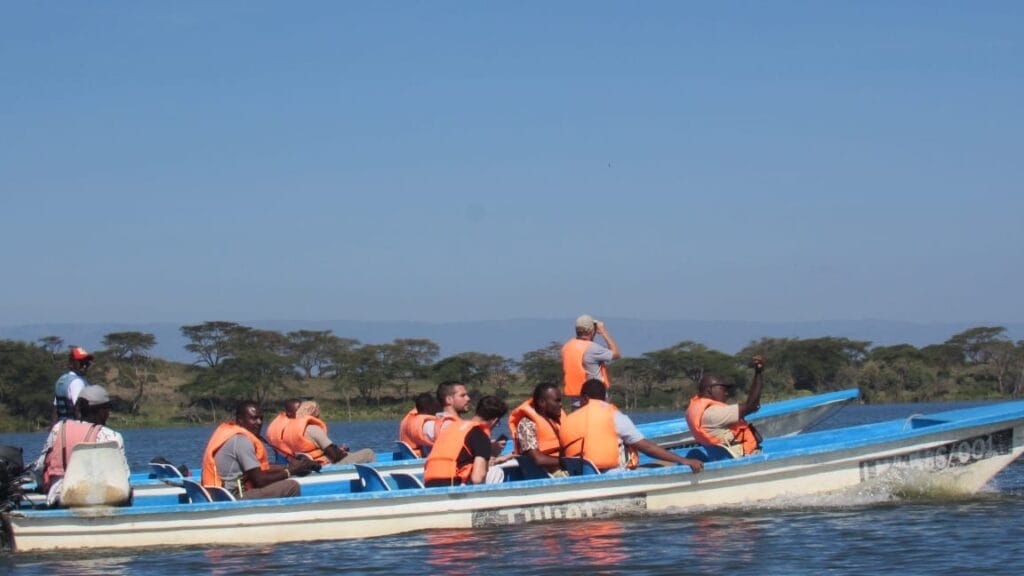
Unlocking the Wonders of Ornithology:
On the 14th to 22nd of March 2024, our dedicated tour guides embarked on a journey of discovery, delving deep into the intricate world of ornithology. The ‘Fundamentals of Ornithology’ provided them with comprehensive knowledge of bird identification, behavior, habitat, and the best conservation practices. By enhancing their expertise, our guides are well-equipped to provide immersive and educational bird-watching experiences for our valued guests.
A Collaborative Effort:
The ‘Fundamentals of Ornithology’ annual course is a collaborative initiative organized by the Ornithology Section of the National Museums of Kenya, Nature Kenya (the East Africa Natural History Society), the Tropical Biology Association, and A Rocha Kenya. This remarkable partnership brings together top ornithologists, scientists, and conservation managers, ensuring a comprehensive and enriching educational experience.
Success Stories in Bird Conservation:
Understanding the significance of local community engagement in conservation, we have witnessed the power of participatory monitoring in fostering environmental consciousness. Community members or Site Support Groups (SSGs) residing near Important Bird Areas (IBAs) play a vital role in preserving these key sites.
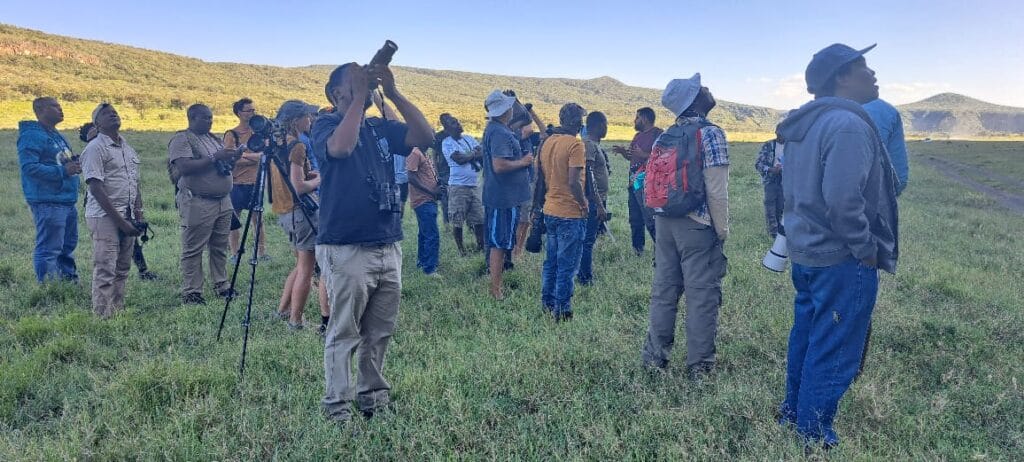
Effective monitoring plays a crucial role in biodiversity conservation by enabling the early detection of threats, assessing their impact on the environment, and evaluating the effectiveness of conservation actions. By utilizing monitoring data and information, we are able to gauge the state of our environment, with birds serving as vital indicators of ecosystem health.
Direct monitoring of bird populations can be conducted using standardized survey techniques, providing valuable insights into the abundance, distribution, and behavior of avian species. This information is essential for understanding the ecological dynamics of bird communities and identifying areas in need of conservation intervention.
Monitoring results serve as a foundation for conservation efforts, guiding decision-making processes, fundraising initiatives, and the prioritization of actions to protect key sites, species, and habitats. For instance, the establishment of private nature reserves through land purchase, such as in Kinangop, has proven instrumental in conserving endemic bird species like the Sharpe’s Longclaw and Dakatcha Woodland to conserve the Clarke’s weaver. These initiatives not only safeguard critical biodiversity hotspots but also contribute to the preservation of Kenya’s natural heritage for future generations.
In a bid to inspire and empower SSGs to continue and participate in conservation, SSGs have been assisted to kickstart Income Generating Activities (IGAs), these include viable nature-based enterprises such as butterfly rearing, bee keeping, wool spinning, tree nursery establishment, eco-tourism, aquaculture among others.
One such success story is the remarkable work of the Kijabe Environment Volunteers (KENVO) in monitoring bird populations at Kikuyu Escarpment. By collecting data on various bird species, KENVO has contributed to the understanding of their behavior and habitats. This dedicated organization has also implemented projects such as forest rehabilitation, ecotourism initiatives, and eco-agriculture programs. Their multifaceted approach showcases how community-driven conservation efforts can positively impact both bird species and local livelihoods.
How to Get Involved:
Everyone has a role to play in bird conservation. Here are a few ways you can actively contribute:
1. Empower Local Communities: Support bird-friendly activities such as Avi tourism and collaborate with local communities to co-own and co-manage valuable sites.
2. Broaden Environmental Education: Educate local communities, especially children, on the long-term value of conservation and the importance of sustainable practices.
3. Plant Trees for Birds: Encourage the planting of native trees and shrubs that provide essential habitats, food sources, and nesting sites.
4. Support Conservation Institutions: Contribute resources and knowledge to strengthen the work of organizations involved in bird conservation.
5. Report Bird Related Incidents: Alert relevant organizations to any unusual bird behavior or deaths, aiding in immediate conservation action.
6. Participate in Bird Activities: Engage in bird monitoring, bird watching, and bird counts to gather essential data on species status and trends.
7. Raise Awareness: Educate local government authorities on the importance of protecting bird species and support the creation of sound laws.
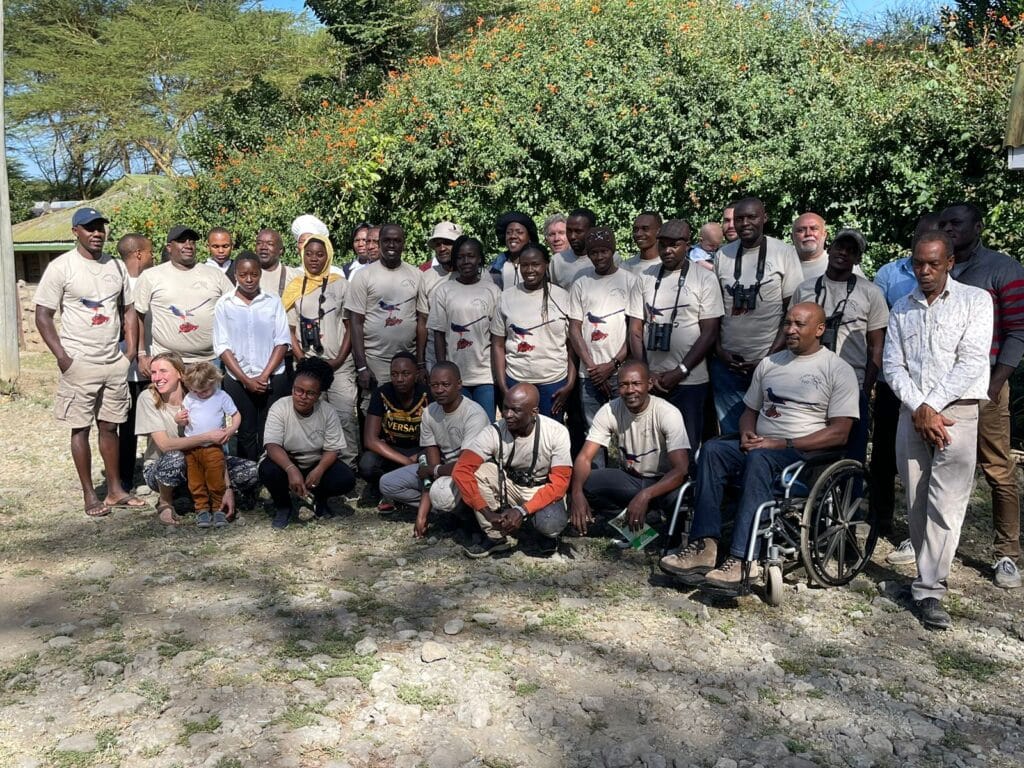
Demic Tours Africa is dedicated to making a difference in bird tourism and conservation. By investing in our tour guides’ education and promoting community engagement, we aim to create a sustainable future for Kenya’s avian wonders. Join us on this transformative journey and experience the captivating world of birdwatching. Together, let us soar higher and protect the beauty that enriches our skies. Stay tuned for updates on our guides’ experiences from the ‘Fundamentals of Ornithology’ course at Centre for Education in Sustainability, Elsa mere, Naivasha – an adventure that will undoubtedly elevate our bird tourism endeavors.
Inspire Conservation Through Birds! Book Our 5-Day Kenya Wildlife Bird Watching Safari – Upgrade to 6 Days for a Deeper Journey!

